Writing the literature review section for a scientific research article can be a daunting task. This blog post is a summary of what I have personally found to best help when writing about scientific research. I hope some of these tips can help make the process an easier and more fulfilling experience!
Continue reading Writing a Literature Review? Some Tips Before You StartLost in the Library? Turn to a Librarian!
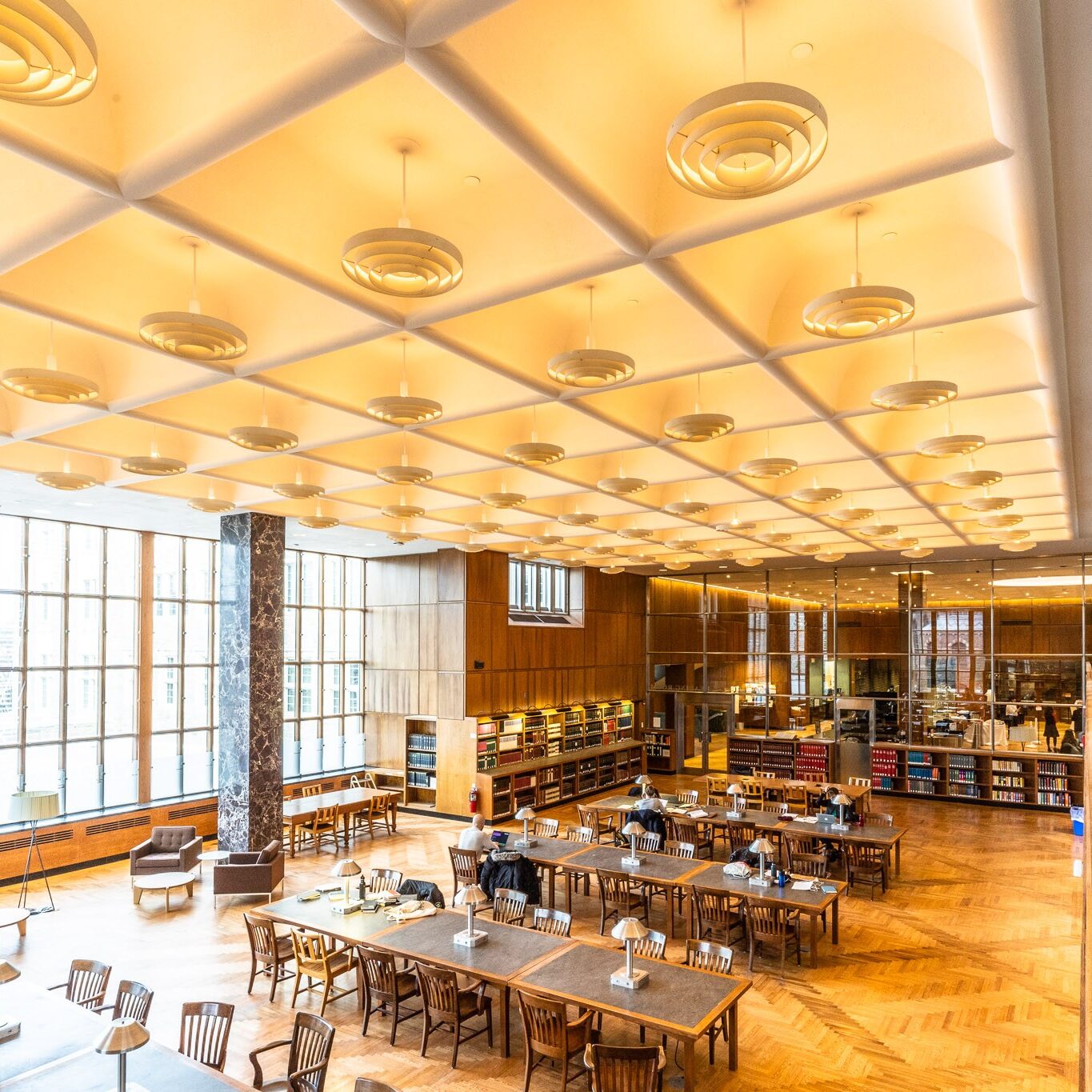
Beginning a research project is often a daunting task. Often, when I begin a project, I have the vaguest idea of what to research. Sometimes, I don’t know where to begin looking. Given that Firestone is one of the largest open stack libraries in existence, there are literally millions of books, journals, anthologies, and other pieces of literature to sift through. The process of identifying the literature that will propel a research topic is thus often the most tiring part, but thankfully, there is a solution: the wonderful Princeton librarians!
So, who are these librarians?
In fact, each undergraduate student at Princeton is assigned their own personal librarian. This librarian is supposed to act as your direct liaison between the library system and yourself. You can go to them to receive guidance on how to navigate the stacks, learn how to take advantage of different workshops and programs, or even just have a chat. My personal librarian, Ellen Ambrosone, almost always sends me an email every semester to remind me of her services. Often, she also includes a picture of her dog! Regardless, these librarians are meant to be friendly faces in a huge space, so do reach out to them with any inquiries about your research or the library system writ large!
The Princeton University Library system also hosts a large array of different subject librarians, each specializing in their own discipline. For example, Steven Knowlton is one of the subject librarians for both History and African American Studies. Thus, a student interested in a topic pertaining to History and/or African American Studies might want to reach out to him in order to identify literature that may be pertinent to your research topic.
Continue reading Lost in the Library? Turn to a Librarian!The Daunting Search for a Research Topic and Question: Where Should I Begin?
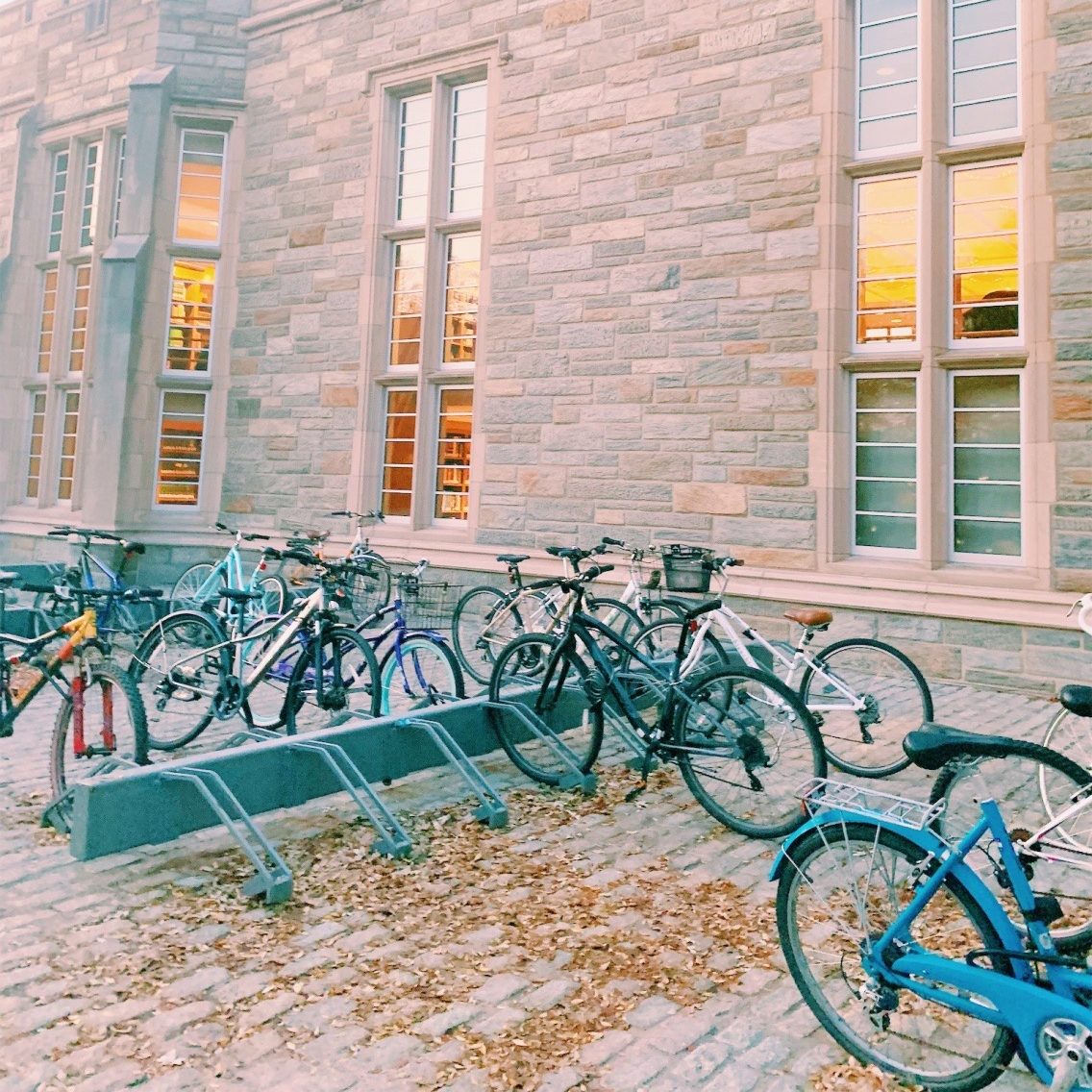
I know the feeling all too well of sitting down to write a paper and debating for hours about which topic to choose. There are thousands of research questions to explore, so how could you possibly decide on one, and better yet devise a significant and impactful paper from it? These thoughts have swirled through my head just this past week as I sat down to write a paper for one of my law courses. There was so much information that I wanted to include, therefore I struggled to pick one topic. So if you are feeling this way too, remember that you are not not the only one who has encountered these obstacles. I would like to share with you the strategy that I use to break out of this rut and discover a topic and question that I’m both passionate about and can conduct appropriate research on. This is by no means the only way to break you out of a tough writers block, but hopefully my advice can help you move along on your research journey.
Continue reading The Daunting Search for a Research Topic and Question: Where Should I Begin?Doing Research in a Pandemic, an Interview with Professor of History Alison Isenberg
For this Spring Seasonal Series, entitled Doing Research in a Pandemic, each correspondent has selected a researcher to interview about the impact of the pandemic on their research. We hope that these interviews document the nuanced ways the pandemic has affected research experiences, and serve as a resource for students and other researchers. Here, Austin shares his interview.
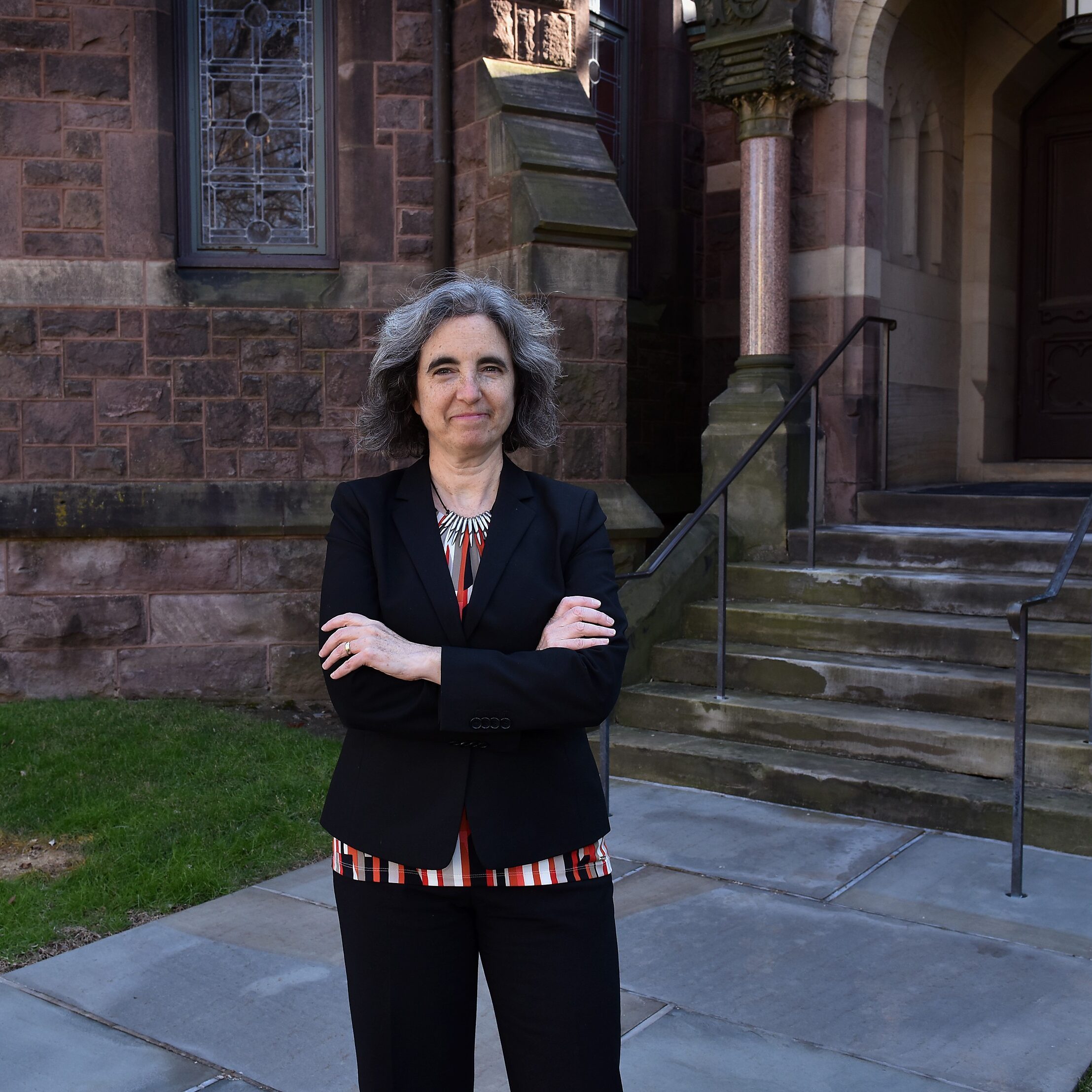
As part of our seasonal series, I interviewed Professor of History and Co-Director of the Princeton-Mellon Initiative in Architecture, Urbanism, and the Humanities, Alison Isenberg. A scholar of the American city and its contested history, Professor Isenberg is currently wrapping up her next book, Uprisings, which she sat down with me to discuss. Professor Isenberg, who took a sabbatical this year to drill down on the draft for Uprisings, details the contents of her book, how the pandemic changed the way she researches, and the implications of her book in our tense political moment.
Continue reading Doing Research in a Pandemic, an Interview with Professor of History Alison IsenbergA Guide to Princeton Libraries during a Pandemic
Last school year, during my first year at Princeton, I rarely ventured out to study in the libraries, instead preferring to stay in the comfort of my dorm room. However, after spending the fall semester at home, I realized just how much I missed the Princeton libraries, and I regretted not taking advantage of this amazing resource more often while on campus.
Going into spring semester, I challenged myself to explore the many incredible study spaces on campus that I had never been to. I was partly inspired by this post on the best study spaces on campus, and I wanted to provide an update on how studying on campus during a pandemic is like. A lot of the logistics around studying in the libraries have changed due to new Covid-19 regulations. So, in this article, I am going to lay out the changes to the Princeton library system and provide an update on some of the best new study spaces on campus.
Continue reading A Guide to Princeton Libraries during a PandemicThe Gem of Cross-Disciplinary Thesis Advice
For better or worse, the university is internally cloistered as an academic institution. Walls literal and metaphorical separate the departments. This is perhaps most apparent to students on an administrative level; each department has its own academic guidelines, grading policies, and research expectations. Deeper differences, though, may present in modes and content of knowledge production. Disciplines often preclude interdisciplinarity. Divergent methodologies might be applied to the same subject matter to produce different results; within a department, the range of expertise might end up applying similar methods to wildly different subjects.
I, for one, think that these disciplinary divisions often do more to stifle than to encourage intellectual growth or humanistic inquiry (on the problems and politics of the academic disciplines, see my interview with Daniela Gandorfer here). But, as things are, attempting to explain research across disciplines can be quite difficult– like speaking to someone in a different language without a translator. Seniors writing their theses are certainly familiar with this issue when trying to explain their work to people outside their department, or in some cases, anyone other than their adviser. When it comes to feedback on thesis work, then, it makes immediate sense to gravitate towards people with background in whatever you are writing about. They indeed might be able to give very pointed advice.
That said, there is still great value to turning towards those beyond the official borders of your discipline. A lack of familiarity with the subject matter can indeed be an asset– especially in terms of providing feedback on your writing and your writing/research process.
Continue reading The Gem of Cross-Disciplinary Thesis AdviceHow to Write An Email To Someone You Don’t Know
“What? Why would I ever need to read an article about how to write an email?” This is what my first thought would’ve been if I ever saw an article like this. While many Princeton students probably understand the basics of how to write an email (type, then hit send), today, I wanted to go over tips to use when “cold emailing” someone.
Before coming to Princeton, the emails that I wrote were sent to my friends and high school teachers. I’d only ever emailed people that I already knew. However, throughout the years, I’ve learned that email is wonderful ⎯ and useful for research ⎯ because you can contact people who you don’t already know! Although learning how to write emails is something that’s not taught formally, I think it’s increasingly important to know what to do and what not to do when you’re trying to catch the attention of someone you’ve never met or talked to.
Continue reading How to Write An Email To Someone You Don’t KnowWrite Again! Stress-Reducing Tips for the Rewriting/Editing Process
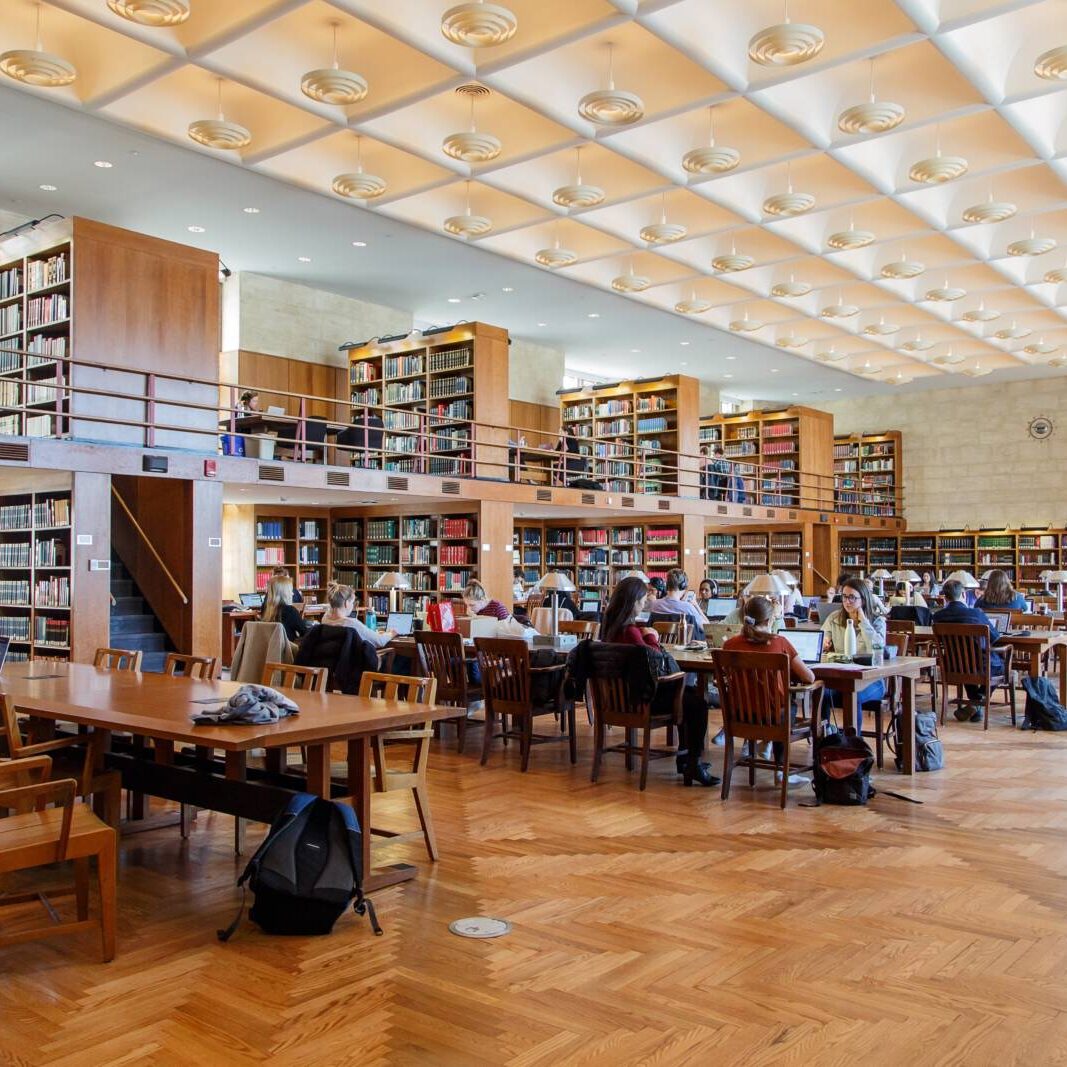
As a student studying history, my classes are essay heavy. Whether it’s a short, 5-page paper, or a longer 10-to-15-page paper, I write a lot. And surely, I’m not alone; as Princeton students, we are expected to write a lot, whether it be academically, extracurricularly, or professionally. With so much writing, it becomes easy to grow tired and forgo editing. After all, with an outline and ‘rough draft’ in hand, it’s easier to call it a day and pray for an A.
The rewriting process is perhaps the most underrated yet important step when it comes to essay writing. Rewriting is not just about catching misuse of the dastardly Oxford comma or misspellings of common words but finding out what fundamental aspects of the essay work and do not work. This is asking yourself the basic questions: Does the essay make sense? Does the structure create a naturally flowing, cohesive essay? Are my references in order? Is everything grammatically correct?
With a new semester coming up ahead, and those dreaded 5-page or 10-to-15-page papers coming along with it, I thought it was best to outline some of the strategies I use to rewrite my essays. These are strategies I took away from Writing Seminar (mine being WRI 146: Constructing the Past), some of my history classes (most notably HIS 281: Approaches to European History), and my own writing exercises to rewrite and edit my essays. This list is not exhaustive, not meant to be followed point-by-point nor used for every type of essay; in fact, I would take this list as blend of different strategies to mix-and-match. Nevertheless, here it is!
Continue reading Write Again! Stress-Reducing Tips for the Rewriting/Editing ProcessAn Interview with Haider Abbas ’17: How to Make an Impactful Senior Thesis
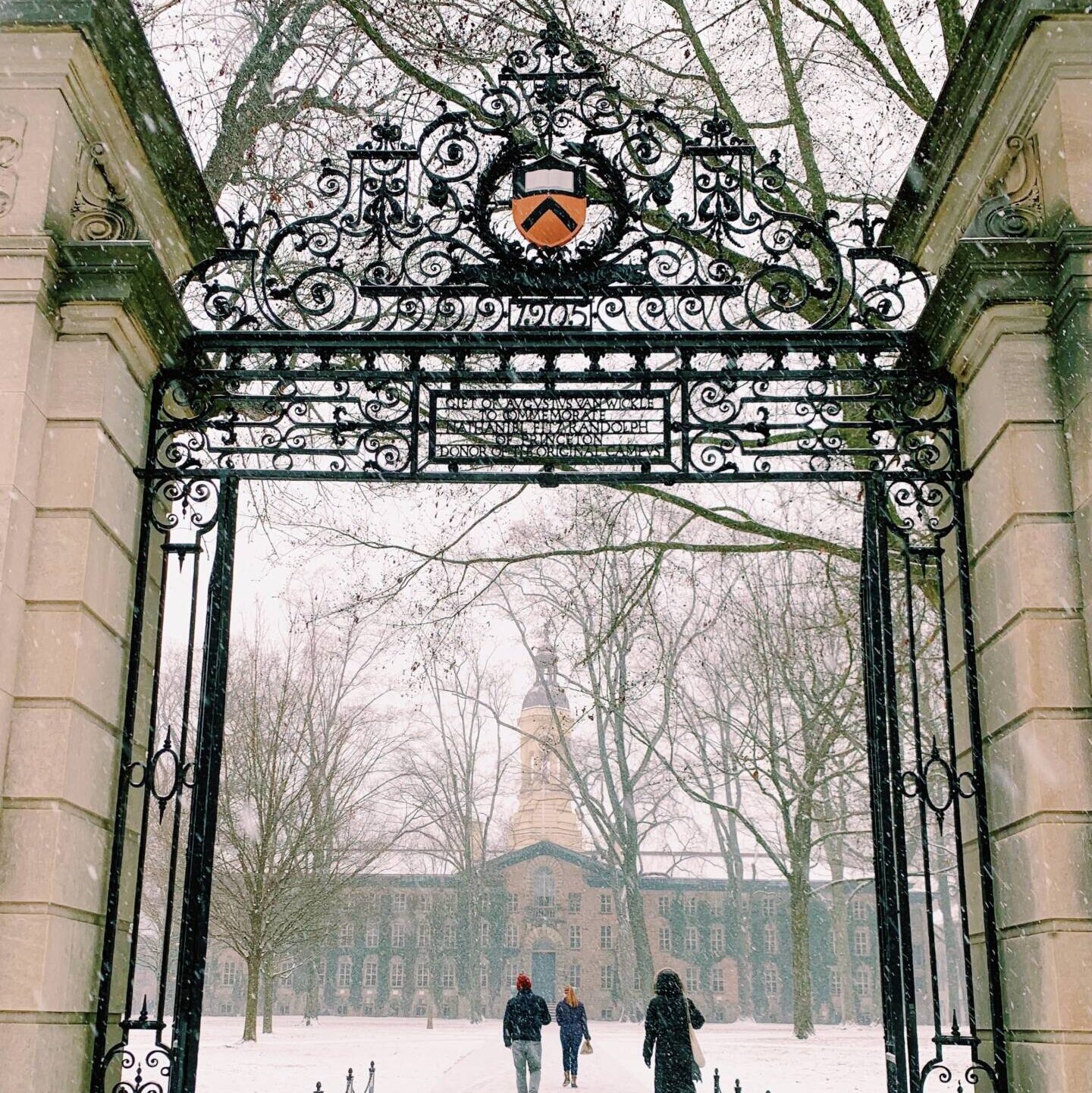
Haider Abbas ‘17 is a Princeton alumni who recently published his inspirational senior thesis which he created while in the Princeton School of Public and International Affairs. Many Princeton seniors are now beginning to dive deeper into their theses, therefore I think that hearing from Abbas would be very helpful. Thankfully, a few weeks ago, I was able to interview Abbas and he offered key insight into why he chose his thesis topic, how he was able to produce his thesis, and most significantly the impact that his thesis will have beyond his years at Princeton. I hope that you can learn from his experience and develop a thesis that you feel passionate about!
This interview has been edited for length and clarity.
Continue reading An Interview with Haider Abbas ’17: How to Make an Impactful Senior ThesisReflecting on your first Midterm to Perform Better on the Final
For most of us undergraduates, midterms tend to be a stressful time, even more demanding than finals or Dean’s Date. This is because we go through midterms while classes and assignments continue as usual. In contrast, we have a week-long reading period at the end of the semester to focus on writing papers and preparing for finals. If you are a first year–student, you have the additional stress of going through Princeton midterms for the first time and you might have realized that they can be quite different from exams in high school. Therefore, it is not unusual for first years to receive grades on midterms below their expectations. When I was a first year, I learned how I could use my midterm grades as guideposts to help me identify which courses I most needed to adjust to and improve my final grade. It is important to note that midterms scores will not always fully correlate with finals and that there are plenty of opportunities after midterms to adjust strategies and improve performance. Here are some of the strategies I have found helpful when looking to bounce back from a midterm.


